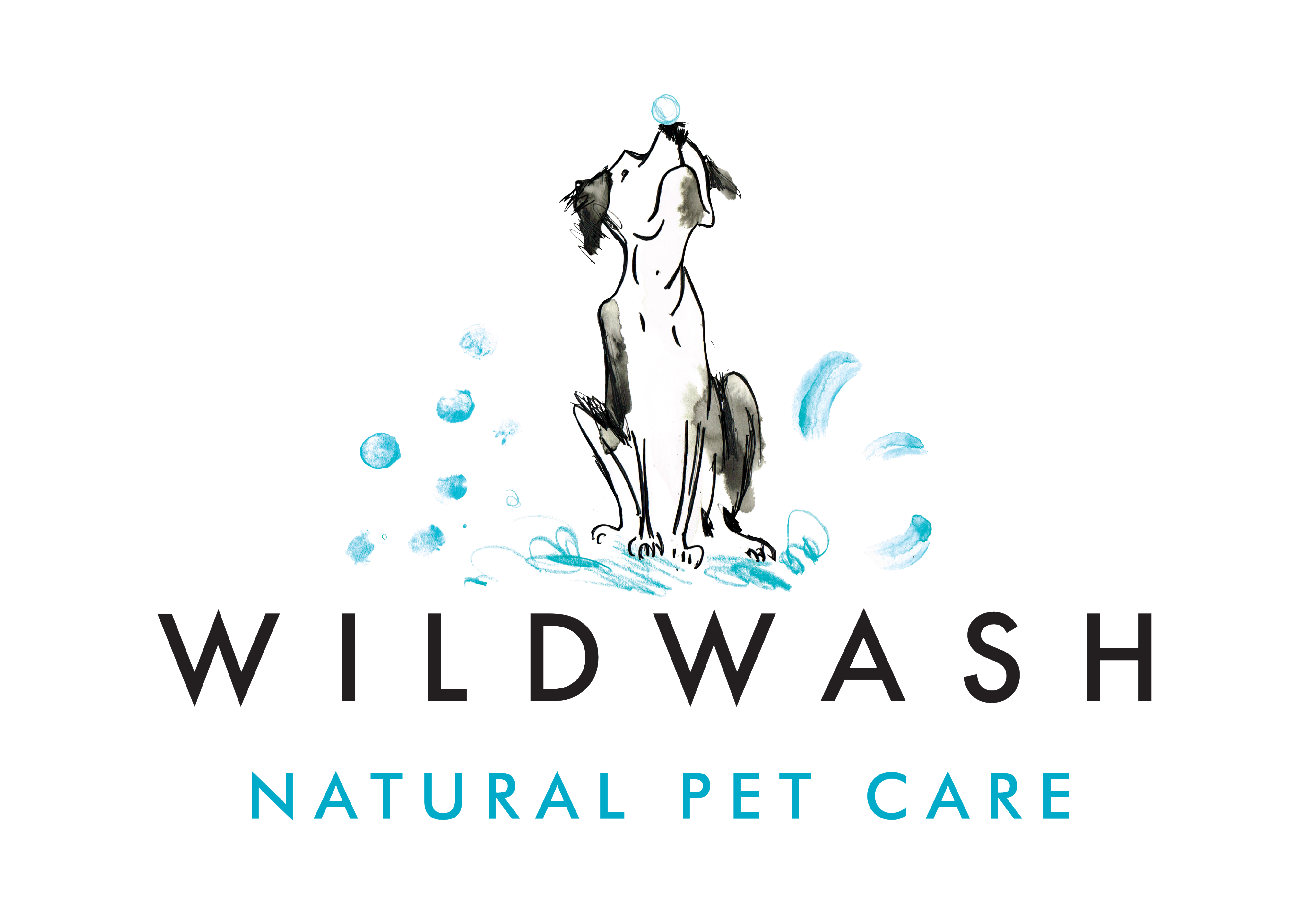

WildWash

Buckinghamshire, United Kingdom
February 2024
Personal care products
Wholesale/Retail
Austria,
Belgium,
Canada,
China,
Czech Republic,
France,
Germany,
Ireland,
Italy,
Malaysia,
Romania,
Singapore,
South Korea,
Sweden,
Taiwan,
Thailand,
United Kingdom
WildWash was founded by Andrew and Jane Cooper, whose love for pets led them to open a pet boutique and pet spa over a decade and a half ago, When Jane, a professional groomer, became pregnant, she was concerned at the number of unnamed chemicals in the products she was using every day. With limited information available on ingredient listing, Jane and Andrew decided to develop their own range of natural products in which they could be confident. They were passionate about creating a brilliantly effective range that would be as good in every way as the highest quality human products available and was delighted to partner with an acclaimed independent boutique apothecary based in the UK who were responsible for some of the finest human products produced. This apothecary, who is also one of the top ten natural fragrance apothecaries in the world, embraced their project with a passion. Committed to quality, they created products that are hand blended and hand stirred, using a diverse and holistic mixture of plants, botanicals, and essential oils to create complex and beautifully fragranced natural products that truly work. At WildWash, the team believes that animals and humans deserve the same quality cosmetics and they pride themselves on being as transparent as possible.
Overall B Impact Score
Governance 15.7
Governance evaluates a company's overall mission, engagement around its social/environmental impact, ethics, and transparency. This section also evaluates the ability of a company to protect their mission and formally consider stakeholders in decision making through their corporate structure (e.g. benefit corporation) or corporate governing documents.
What is this? A company with an Impact Business Model is intentionally designed to create a specific positive outcome for one of its stakeholders - such as workers, community, environment, or customers.
Workers 24.6
Workers evaluates a company’s contributions to its employees’ financial security, health & safety, wellness, career development, and engagement & satisfaction. In addition, this section recognizes business models designed to benefit workers, such as companies that are at least 40% owned by non-executive employees and those that have workforce development programs to support individuals with barriers to employment.
Community 13.9
Community evaluates a company’s engagement with and impact on the communities in which it operates, hires from, and sources from. Topics include diversity, equity & inclusion, economic impact, civic engagement, charitable giving, and supply chain management. In addition, this section recognizes business models that are designed to address specific community-oriented problems, such as poverty alleviation through fair trade sourcing or distribution via microenterprises, producer cooperative models, locally focused economic development, and formal charitable giving commitments.
Environment 22.5
Environment evaluates a company’s overall environmental management practices as well as its impact on the air, climate, water, land, and biodiversity. This includes the direct impact of a company’s operations and, when applicable its supply chain and distribution channels. This section also recognizes companies with environmentally innovative production processes and those that sell products or services that have a positive environmental impact. Some examples might include products and services that create renewable energy, reduce consumption or waste, conserve land or wildlife, provide less toxic alternatives to the market, or educate people about environmental problems.
Customers 4.2
Customers evaluates a company’s stewardship of its customers through the quality of its products and services, ethical marketing, data privacy and security, and feedback channels. In addition, this section recognizes products or services that are designed to address a particular social problem for or through its customers, such as health or educational products, arts & media products, serving underserved customers/clients, and services that improve the social impact of other businesses or organizations.